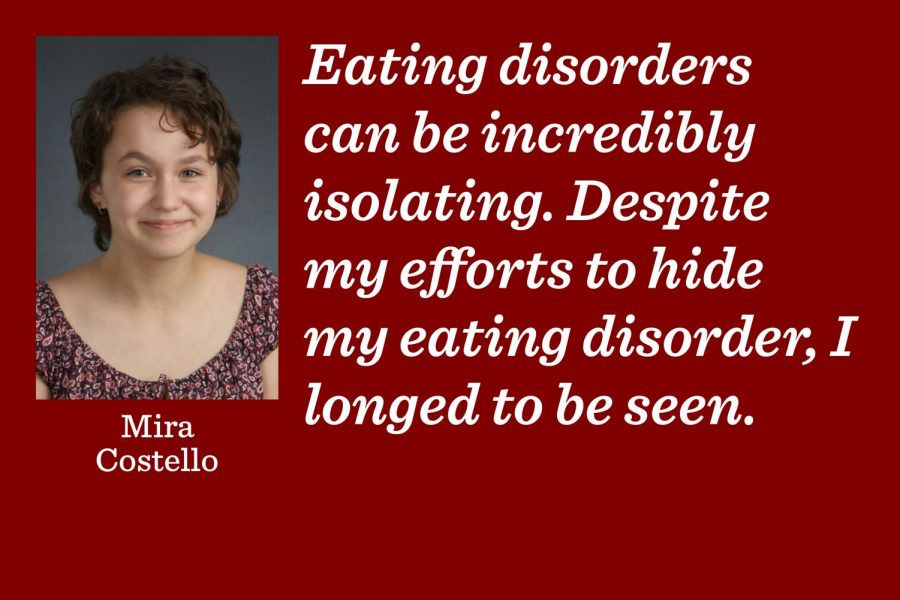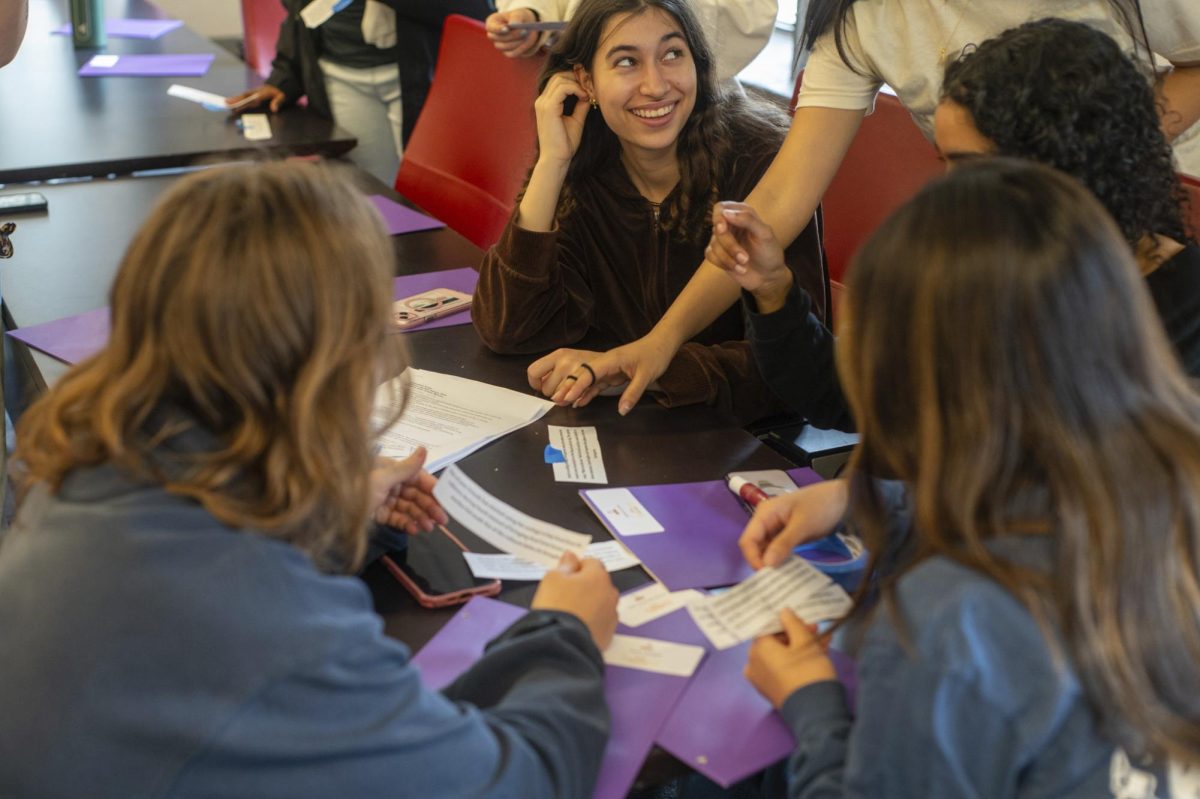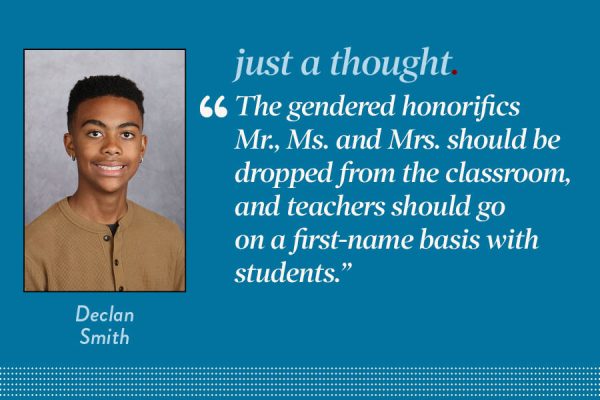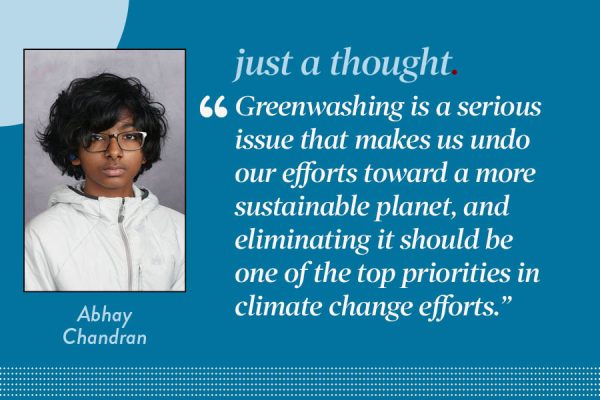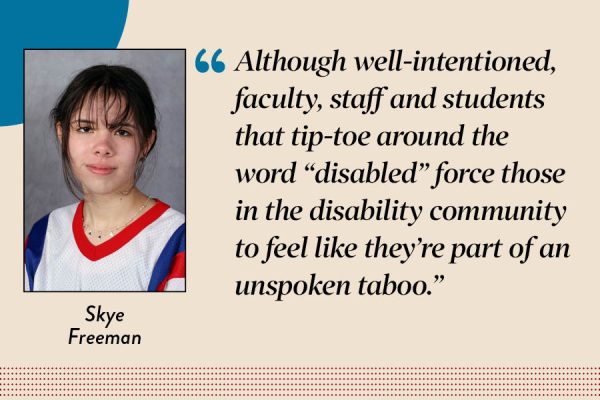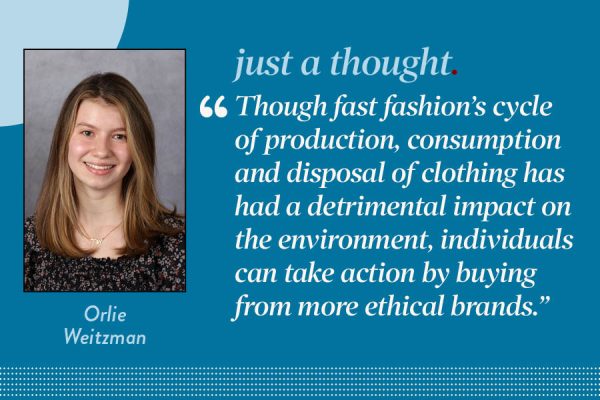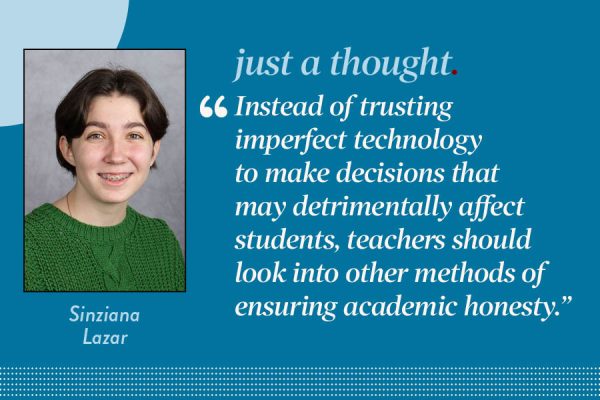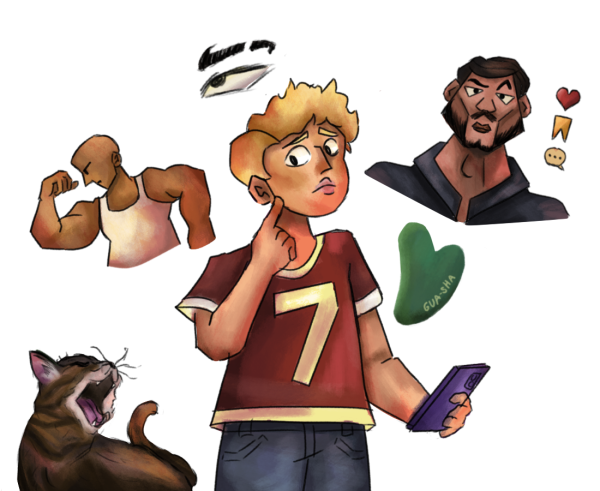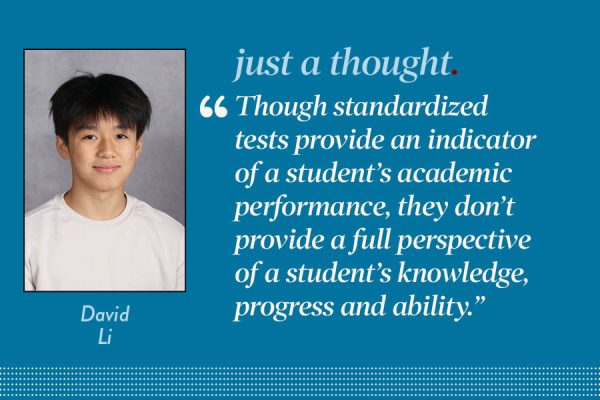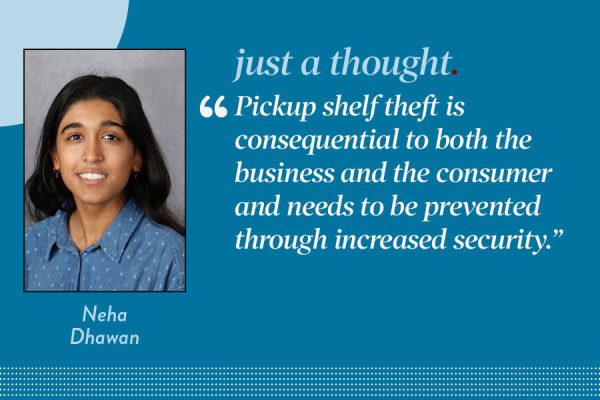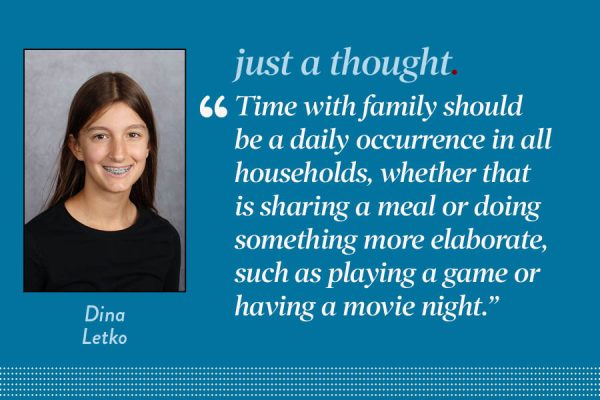It’s OK not to know how to help with an eating disorder
November 14, 2018
Every day, I woke up with numbers in my head. Zero calories was always the first. 102 pounds followed. I strove for them every day.
But the worst pain was not the shivering limbs, dizziness, fatigue or obsession. It was the detachment. Eating disorders can be incredibly isolating. Despite my efforts to hide my eating disorder, I longed to be seen.
I hid the symptoms dutifully, but I knew that some escaped my secrecy. I wished that my friends and family would have addressed the ones they saw. As a friend or family member of someone with an eating disorder, it’s OK to be unsure of how to help and to not understand what’s going on. So, what should you do? Ask.
When I began recovery, I discovered that my friends had noticed differences in me, but I believe their lack of understanding and fear of being unhelpful prevented them from addressing what they saw.
— Mira Costello
Friends must have noticed the skipped lunches and knuckle scabs. My parents must have noticed the pallor and fatigue. The more disordered I became, the more I lost: connections, happiness and the tennis season, among others.
When I began recovery, I discovered that my friends had noticed differences in me, but I believe their lack of understanding and fear of being unhelpful prevented them from addressing what they saw. Despite their good intentions, this strikes me as willful ignorance. By shying away from education about eating disorders and conditioning ourselves not to expect them, we can become insensitive.
One result of this is a comment I hear frequently: “You have an eating disorder? But you look so healthy!” This might seem harmless or even complimentary. To someone with an eating disorder it can be a crushing invalidation. Must we look a certain way to make our experience believable? Even someone who has made such a comment before knows the answer is no.
It is easy to ignore things we find confusing. Eating is a deeply personal, instinctual experience, and it’s hard to imagine losing control over our response to it. I urge non-sufferers to embrace their unknowing. It’s hard to offer advice on something without experiencing it, but there is never shame in asking questions. As many sufferers do, I once thought I would never be “one of those anorexic or bulimic girls” — but I became a victim of the cycle of painful fasts, dangerous binges and exhausting compensatory behaviors.
Early into my recovery, a friend sent me a message.
“I wanted to make sure you’re eating well today,” it read. “I can’t imagine how hard this is, but I’m so proud of you, and I’m here when you need me.”
This friend has never had an eating disorder, but by shedding her fear of misunderstanding, she helped me communicate my needs and rediscover the faith in those who support me.
Victims of eating disorders may know what they need, despite being unable to accomplish it alone. We don’t expect our friends to be experts or therapists. We just hope they will ask us how to help.



